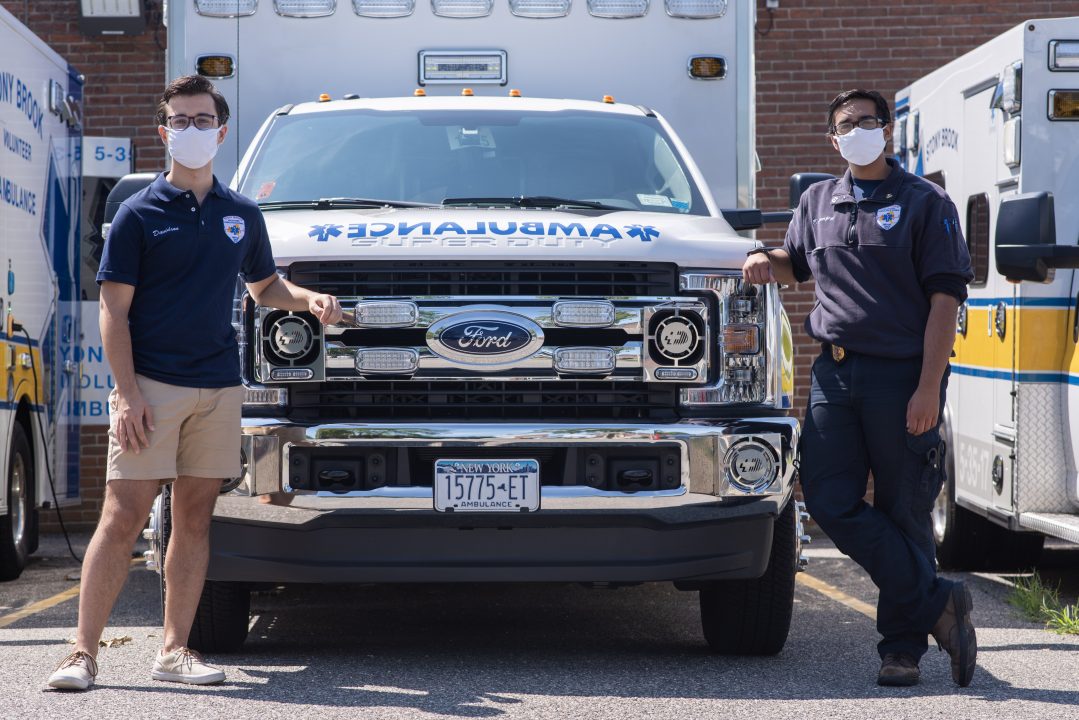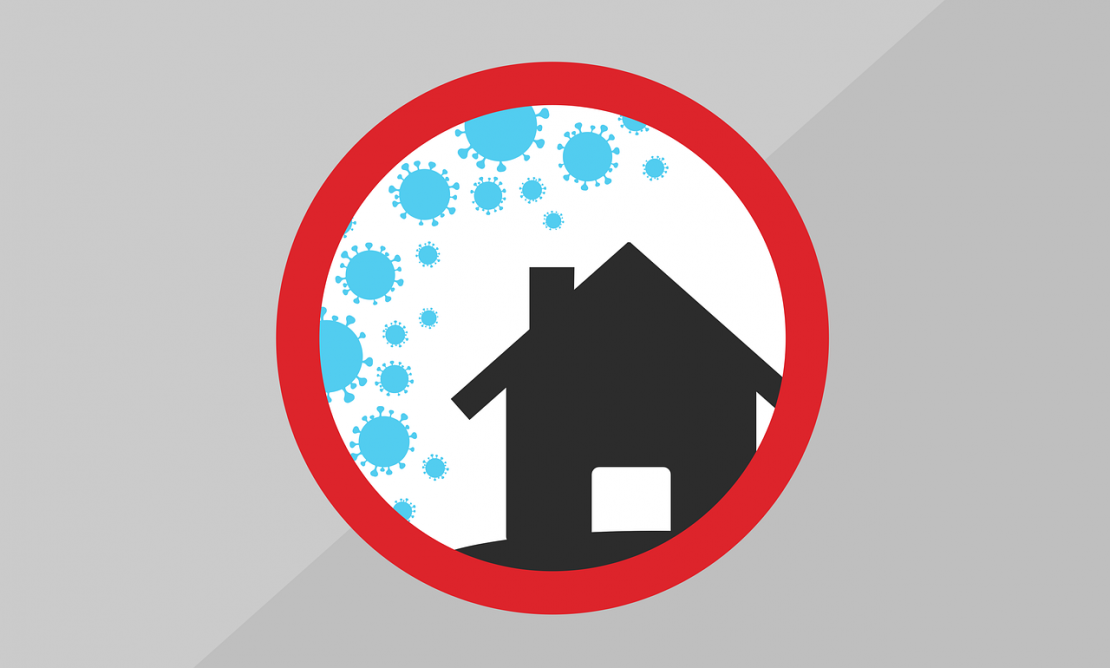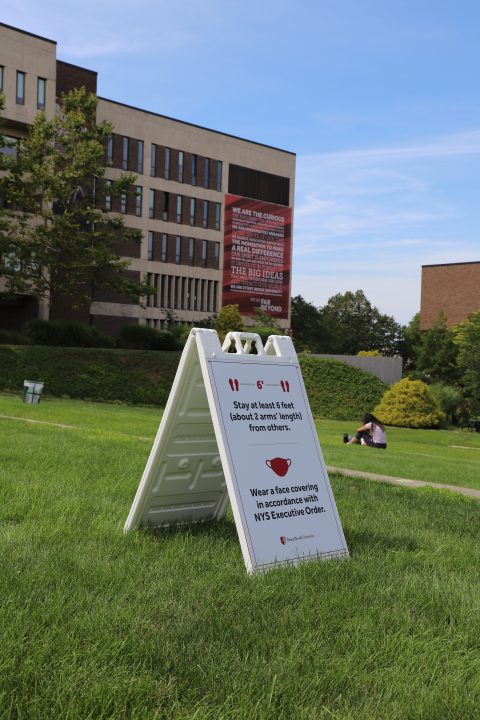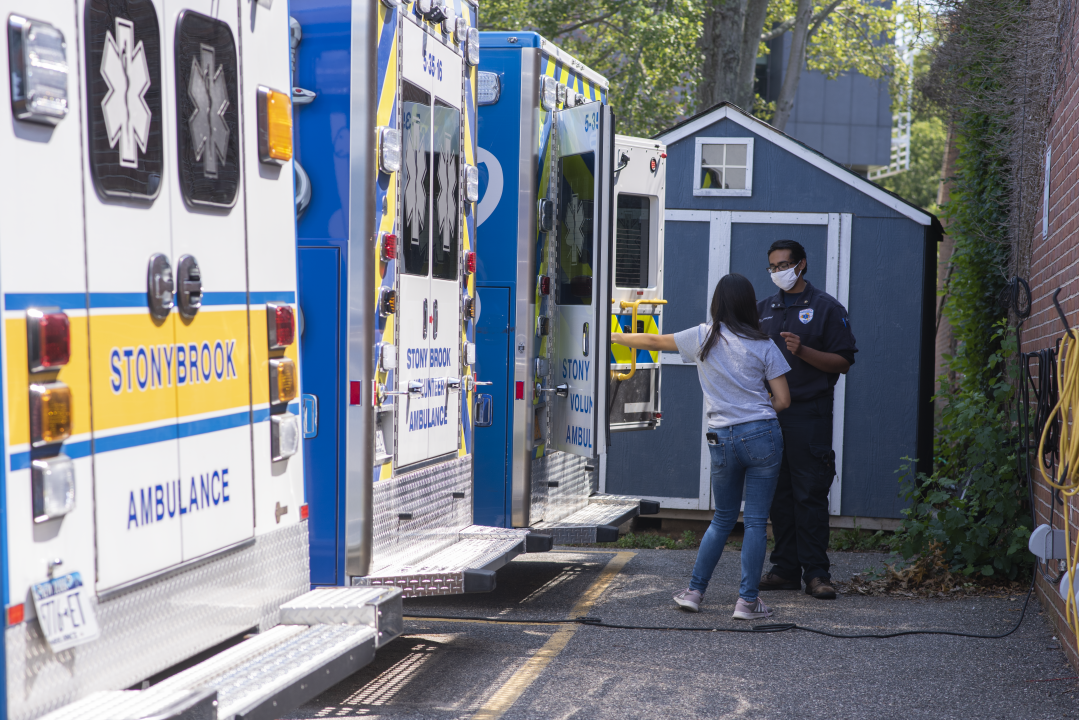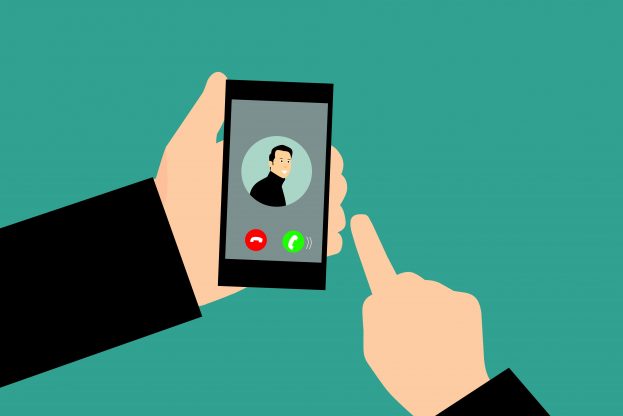
Xenia Gonikberg is a sophomore journalism major.
As the coronavirus pandemic continues to impact our daily lives, many students like myself have grappled with the decision whether or not to return to school. Safety and health are a top priority, so for those of us who attend school in a different state from the one they live in, this decision became even more difficult. The thought that was constantly on my mind was whether returning to campus would be worth it, since I would have to quarantine before going back home. I spent the last two weeks leading up to the first day of school quarantining in a hotel on Long Island, mostly reading and watching Netflix – feeling more distant than ever from home.
Because I had been isolating myself in my hometown of Palo Alto, California, since mid-March, quarantining didn’t seem that difficult at first. I learned the hard way that quarantining with your family, versus out of state without your family, are very different things. As a result of both experiences, I have compiled a list of the most valuable lessons that I have learned while in quarantine.
- Being alone does not have to mean being lonely. While quarantining by myself, I managed to keep in contact with friends and family through video chat and phone calls. It made me feel much better knowing that I have people who care about my wellbeing. Digital communication made the whole experience less mentally isolating, despite being physically isolated and unable to see anybody in person.
- Productivity is subjective. The “hustle culture” mentality is hard-wired in our society, but it can be really damaging to your mental health, especially when in isolation. After a long time, overworking and overexertion can lead to burnout which negatively affects both mental and physical health. When we are so used to a structured routine, a disruption as big as this pandemic can make our daily lives feel unfulfilling and pointless. It is important to recognize that productivity is more than just going to work and completing tasks. For some, productivity can be reading a book, and for others it can be learning a new skill, like baking or sewing. Even sitting on the couch and watching Netflix can be productive because it helps bring comfort to people during this tumultuous time. Everyone’s idea of productivity is different, but it is important to validate others quests of taking steps to prioritize themselves. For me, I wrote a little bit, but I did not push myself to do anything that I did not want to do. If I was not in the mood to write, I would instead video chat with my family or read nonfiction books.
- Take pride in the little things. As mentioned in the previous paragraph, it can be hard to adjust to having more available time in your day. Breaking away from the workaholic mentality can be a process, but it is important to celebrate personal victories, no matter how small. This can be something as simple as completing a household chore, like the dishes or something as complex as redesigning your bedroom. Celebrate these accomplishments and reward yourself for checking an item off of your to-do list. These small actions can have a big impact on your mood throughout the day.
- Do not spend time dwelling on the past. While the inability to spend time outdoors might seem frustrating, it is necessary to move forward during this time of change, and not let the norms of the past bring you down. The pandemic has re-energized discussion on social and environmental issues, and now more than ever people are campaigning for drastic changes in our society. I have learned that instead of wishing for something to happen, I can make things happen on my own through social media advocacy and spreading awareness on topics that I am passionate about. Life before coronavirus will not be the same as life after it, but that is not an excuse to avoid improving the quality of life for everyone.
In my time shuffling between two states that have taken different approaches to handling the virus, I have reluctantly come to terms with my new and uncertain reality. Living in limbo is something that I personally have never dealt with before, but it has been a stepping stone of self-reflection. The lessons that I have learned while in quarantine have made me realize that while uncertainty is uncomfortable, it can sometimes teach us lessons about our growth and development as individuals who are a part of a greater community.







